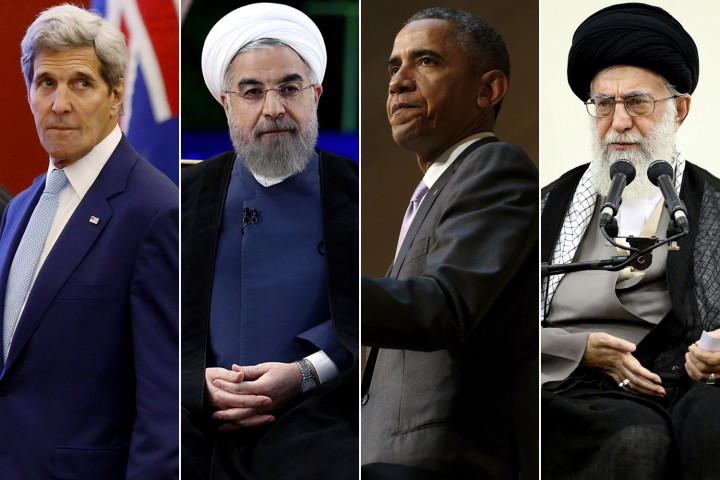Lots of unknowns as Trump takes over Obama’s failures
Khairallah Khairallah/The Arab Weekly/January 22/17
While positions of Donald Trump on number of issues are confused, a change in US foreign policy is on its way.
If there were anyone most responsible for Donald Trump becoming US president, it would have to be Barack Obama.
The United States’ first African-American president gave up the country’s leadership of the world. He must have forgotten that it was his country and the values of freedom it represents that won the Cold War. The Soviet Union turned out to be nothing more than a hollow oppressive machine with grand imperialistic designs that left a trail of tyranny, destruction and misery wherever it went.
It was thanks to the United States and the end of the Cold War that the countries of Eastern Europe experienced freedom and that Germany was unified. The Soviet Union continued to disintegrate with the Baltic states of Lithuania, Estonia and Latvia along with the majority Muslim republics choosing to leave Lenin’s former empire.
Obama closed his eyes on Russia’s annexation of the Crimean peninsula and its blatant interference in Ukrainian affairs. He had done his best to let the Ukrainians understand that they had no choice but to surrender to Russian President Vladimir Putin.
The world expected Obama to correct the mistakes in Iraq of his predecessor George W. Bush. He did not. He worsened the situation. In 2003, Bush offered Iraq on a silver platter to Iran but it was Obama who in 2010 turned it into a de facto Iranian colony by agreeing to a complete and early withdrawal of US troops. Iraq quickly became hostage of Iranian-backed sectarian militias.
There is no need to expand on Obama’s misdeeds in Europe. By neglecting US relations with Europe and by muzzling NATO, he left the old continent vulnerable to attacks by Russia. In 2008, before becoming president, Obama toured the Middle East and met with Palestinian Authority President Mahmoud Abbas. He promised not to — as Bush did — leave the Palestinian cause till the end of his term; he would tackle the issue from the first day he settled in the White House.
Obama made true on his word. He sent an emissary to Israel and the Palestinian territories but one who quickly returned to Washington. Israeli Prime Minister Binyamin Netanyahu had torpedoed the mission outright. Obama gave in and let the Israeli prime minister have the last word.
During the twilight of his term, Obama tried once more to mislead the Palestinians by not opposing the condemnation of Israeli settlements at the UN Security Council and by supporting the final report of the Paris Conference, which insisted that the two-state option is the only way out for the Israeli-Palestinian conflict.
The Security Council resolution and the Paris Conference were important steps forward but can the Palestinians hope for concrete results without the real backing of the new American administration for these decisions?
Under Obama, the United States has become but a shadow of itself. That is what happens when a US president surrenders to Russia and Iran. He has given up his role as leader of the free world.
This does not mean, of course, that we should close our eyes on American mistakes in the Middle East or its hegemony in many parts of the world from pre-Obama times but the worst of American crimes was when Obama had allowed Syrian President Bashar Assad to run free in Syria in the summer of 2013. Any hope for Syria was lost at that time.
In Syria, Obama preferred not to react to the use of chemical weapons by the regime against its own population. It was more urgent for Obama to manage Iranian sensitivities during the nuclear negotiations.
History will remember Obama as the first African-American US president and a culprit in the tragedy of the Syrian people, the biggest human tragedy of the 21st century. Obama reversed Bush’s legacy. Now, the new master of the White House is going to undo Obama’s legacy. While the positions of Donald Trump and his new administration on a number of issues are confused and confusing, a change in US foreign policy is on its way.
The coming year is going to be full of surprises, especially when questions of all kinds are constantly put forth: What’s going to happen to US relations with Russia, China and Tehran? How will the United States react to the new alliance among Russia, Turkey and Israel? Will Trump continue to look down on NATO? And how far will he go in reversing US policies in Syria?
**Khairallah Khairallah is a Lebanese writer. The commentary was translated and adapted from the Arabic. It was initially published in middle-east-online.com.




















